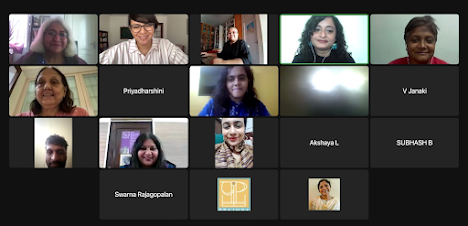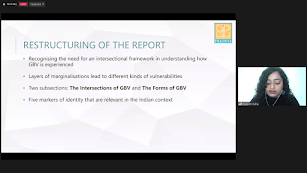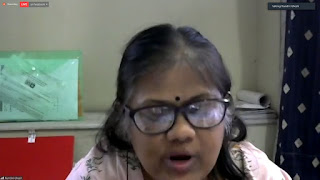On December 9, 2022, 15th day of the 2022 Prajnya 16 Days Campaign Against Gender Violence hosted an online roundtable discussion on the draft bill on 'Prevention of Crimes in the Name of Honour' that is being shared by Vincent Raj K. for debate in the Tamil Nadu Assembly. Seeing this as a national issue, a panel of discussants from around India was invited. Shalin Maria Lawrence facilitated the session. You may find a saved copy of the recording here.
Kathir Vincent Raj, Evidence:
- "Honour crimes are taking place all over India. Honour killing, honour torture, honour humiliation, mob violence for the sake of arrogance, etc are taking place here. I would like to begin by thinking loudly and raising a question on our usage of the term honour. We call honour crimes as honour crimes because they are committed with an aim to protecting the honour of the family...I think it is time we shake this regressive idea from its roots and rather call it dishonourable."
- "This bill, first and foremost, seeks to offer protection against victimisation in the name of honour. In the instance of such a crime, the bill outlines the extent of punishment to be given to the perpetrators and the compensation and rehabilitation to be given to the survivors. It also details the protective measures to be implemented, apart from detailing the various kinds of victimisation like murder, social and economic boycotts."
- "I am pointing out that not just caste but patriarchy also plays a role in the killing in the name of honour; this draft bill is also about gender justice."
- "Coming back to patriarchy, I would like to link it to caste and gender hegemony - how is this impacted? We all know that there is intersectionality in terms of caste and gender. Here, Dalit women are at the bottom. They don't have any rights or privilege, and if they are involved in these activities, then, we have been seeing lot of cases of murders, not just in Tamil Nadu, but all over the country."
- "In reality, (we have to see) how many cases are reported, how many cases are suicide cases, so many cases are made to be an attempt to rape and has been booked under false charges. These are the situations that I would like to point out."
- "I would like to give some suggestions (on the draft bill). One is mental trauma. Whatever the shelter home the woman is accessing, the status of the mind is very, very bad. They (women) cannot trust anyone. When parents become the culprits, then definitely they cannot believe anybody. So the mental trauma - how to handle it, how to counsel them, these aspects have to be covered. Secondly, police inaction. Police is not acting and taking the bribe...When there is negligence in the duty of the police, there should be some punitive measure...And, I would also say that there should be a national authority who are taking up the monitoring and better implementation of these kinds of legislations. So, I would like to focus on these three things."
- "The role of culture and the role of patriarchy gets intertwined with gender identities. And, how this plays a very, very big role in whether a person can live or now, and how they can live, and how they will have to survive. And that is at the bottom of the issue underlying the larger issue of honour killings."
- "Fundamental to the issue we are talking about is the issue of choice. The choice exhibits itself in multiple ways."
- "We need to look at this law a little bit more carefully in terms of what has worked and what has not worked with regard to SC and ST (POA) Act."
- "I just want to say this loud and clear, that a victim can never be theirs. And the rapist can never be ours. But imagine, when rape happens, people take that position. Now imagine when a girl or a boy marries against the wishes of the family."
- "In a country, the mere identity itself can become a point to kill, that itself allows punishment, that itself allows punishment by the police...So we know just the identity can be an issue. So then, what happens when you exercise your choice? To do something further by saying I am associating with someone who is from this identity? So then, we have to go to the basic question of identity...Identity comes as a part of our mobility from a very controlling system where nobody in the family has an identity except the patriarch."
Shalin Maria Lawrence (Moderator): Shalin Maria Lawrence is a social activist, Intersectional feminist, writer and orator. Belong to the oppressed community, she has been working towards empowering the Dalit Women and LGBTQ+ since 2012. She has worked with the Transgenders Rights Organization and has won the "Day of compassion" award from the Jane Goodall foundation. She has been working with the Dalit communities of the north Madras region, especially in and around Vyasarpadi where I has helped in the setting up of libraries, conducting campaigns and awareness programs towards Education and child rights from 2015. She has also been working with the Dalit women and children in the Dharavi Region of Mumbai since 2016. She has set up a library and has been conducting awareness workshops on women's rights and leadership and the annihilation of caste. For the last two years, she has been conducting regular workshops and training on violence on women, women rights and women leadership among the rural dalit women in and around Madurai and Chennai. She is a writer in English and Tamil and currently publishes her articles in popular magazines and news websites.
Kathir Vincent Raj (Presenter): Kathir Vincent Raj has been working in the field of human rights for over 25 years. A Dalit himself, his witnessing and experiencing caste based discrimination from his childhood triggered his determination to fight against the caste system and caste based atrocities against Dalits. From an initial career as a writer on the experiences of the socially marginalized, he later shifted to rights based interventions, especially human rights monitoring and legal and advocacy interventions. This work experience and a commitment to Dalit rights eventually led him to initiate an independent organization, Evidence in 2005 to fight against caste discrimination and for social justice and equality.
Ms. Abirami Jotheeswaran (Discussant) has been associated with National Campaign on Dalit Human Rights-NCDHR, New Delhi, India since December 2005. Presently Ms. Abirami Jotheeswaran has been serving as the General Secretary of All India Dalit Mahila Adhikar Manch-NCDHR, New Delhi. She herself hails from Dalit Community, very actively involved and committed towards the empowerment of Dalit community. Abirami is a post graduated in Computer Science from University of Madras. Currently, she is pursuing her final year Law degree. Placing her in the organization, her primary responsibilities is to Plan, Monitor and Execute Programs related to Promotion of Dalit Women Leadership and Addressing Violence against Dalit women and minor girls in 7 States across the country. At the international level Abirami Jotheeswaran participated in World Social Forum 2007 held at Nairobi, Kenya and South Africa in 2007, to raise the Dalit concern in the forums. She raised her concern on the Police atrocities committed against Dalits and Dalit Women in 18th EU-NGO Human Rights Forum 2016, Brussels. Abirami Jotheeswaran, actively raised the issues related to Violence against Dalit women and the impunity subsists in India in the 41st UN HR Council at Geneva in the month of July 2019. Under her leadership, AIDMAM recently published a Status Report 2021 - “Dalit Women Rise for Justice” with the confidence that the report will be useful to the government while taking steps to improve Dalit Women’s condition in India through effective implementation of the existing Acts and policies.
V Suresh (Discussant): V. Suresh is a lawyer, Madras High Court; National General Secretary, People's Union for Civil Liberties (PUCL) one of Indias' oldest and largest national level human rights organisation. Earlier served as Supreme Court appointed Adviser on Food Security for Tamil Nadu. Worked for 7 years as a full time activist with the Kashtakari Sanghatana (in Maharashtra) amongst Warli Adivasi marginal farmers and agricultural labourers. Recently appeared in Kannagi - Murugesan Honour Killing case for murdered Dalit Murugesan's family before the Madras High Court. On June 6th, 2022, the Madras HC confirmed the conviction of Kannagi's father, brother and other relatives belonging to Caste Hindu community invovled with the killing, though the HC commuted the death penalty of brother to life sentence.
Dr. Manisha Gupte (Discussant): Dr. Manisha Gupte has been part of the women's movement in India since the mid 1970s; She has also been an activist in the health and civil rights movements. She studied Microbiology (MSc) and then, Sociology. Her PhD thesis was on the concept and practices of patriarchal honour, and how it intersects with caste, sexuality, violence and the agency of subordinated women. She co-founded MASUM, a rural women's organisation in 1987, after living in a drought prone rural area for five years, and has been its co-convenor since then. She spent one year (1997-98) in the Dept. of International Health at the Johns Hopkins University, Baltimore as a visiting fellow. She is actively associated with progressive organisations nationally, regionally and internationally as an advisor, board member or trainer (especially on gender, violence, sexuality, CEDAW and ESC rights). She has participated in, and promoted campaigns related to women's health; reproductive, sexual and minority rights; and, violence against women. She has worked on policy issues with the state and central governments in India over the past three decades. She is the Managing Trustee of Medico Friend Circle (MFC), a 40 year old autonomous health professionals’ group in India, and was the coordinator of the '10th International Women and Health Meeting (IWHM)', held in New Delhi in September 2005. She also coordinated the process towards the preparation of 'The Indian Women’s Health Charter'. She has co-edited a book (2102) titled ‘Honour’ and Women’s Rights: South Asian Perspectives. This book includes 15 papers, highlighting complementary feminist positions from seven countries.

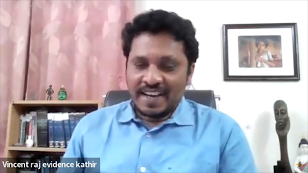
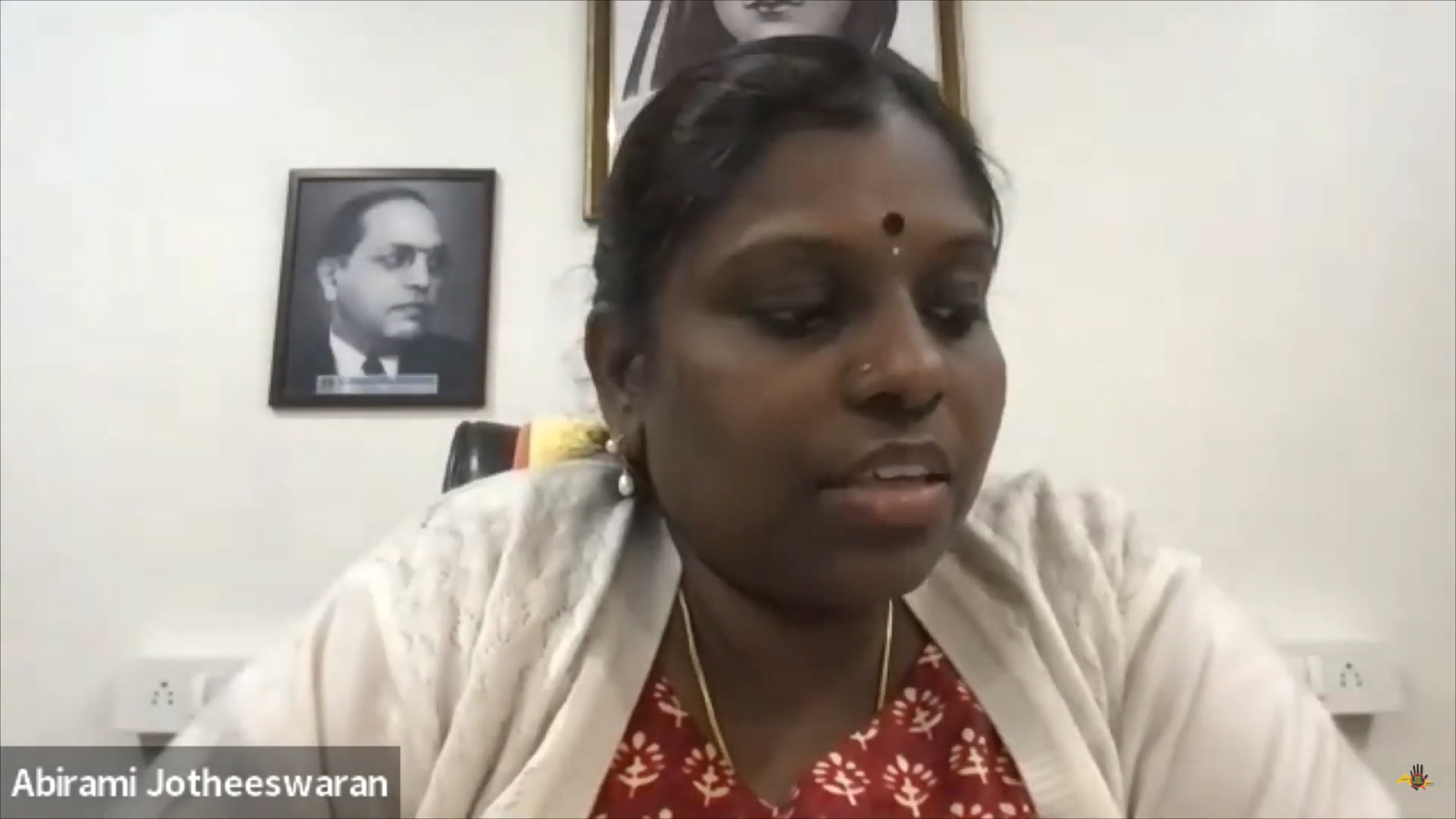
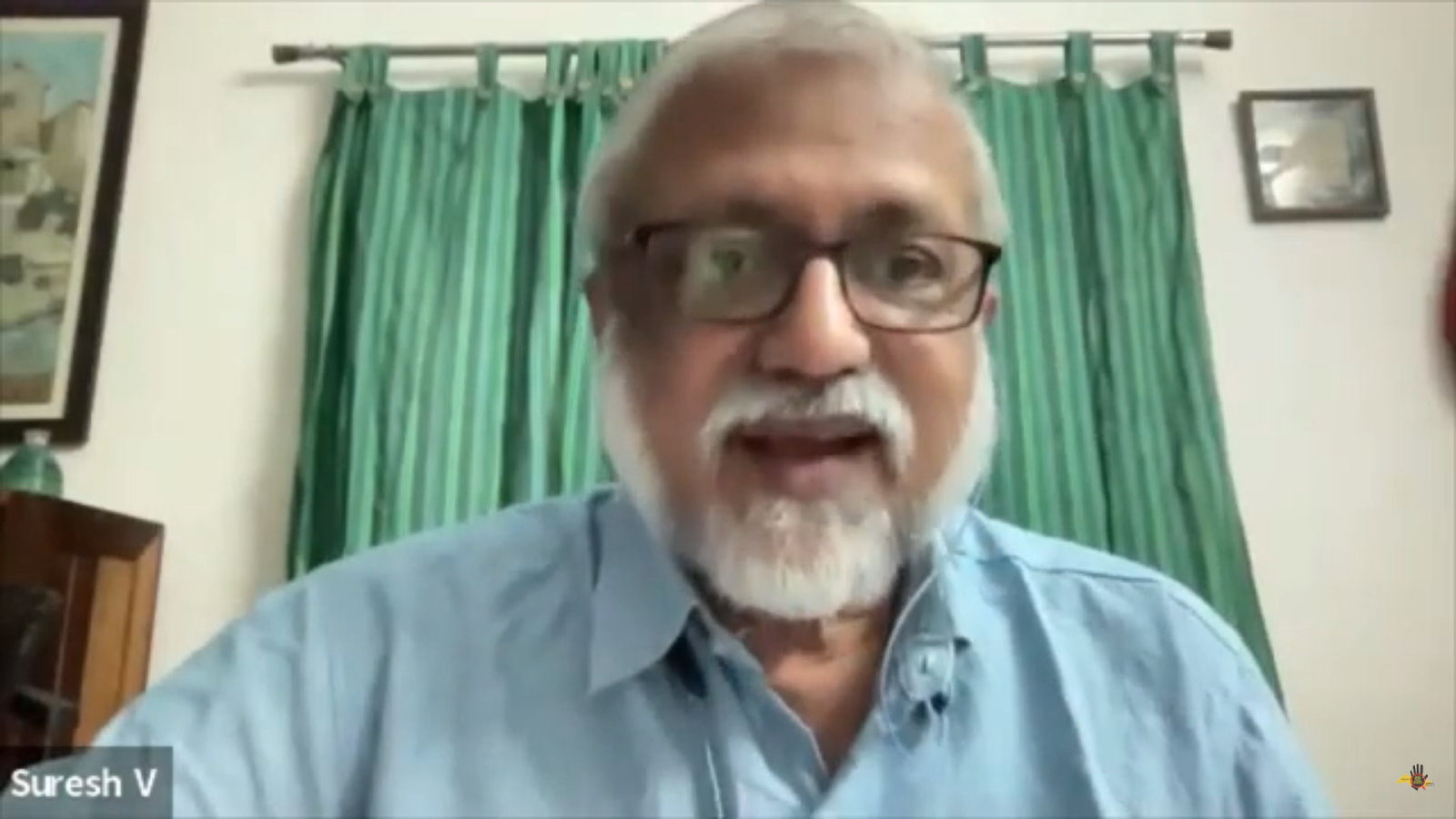
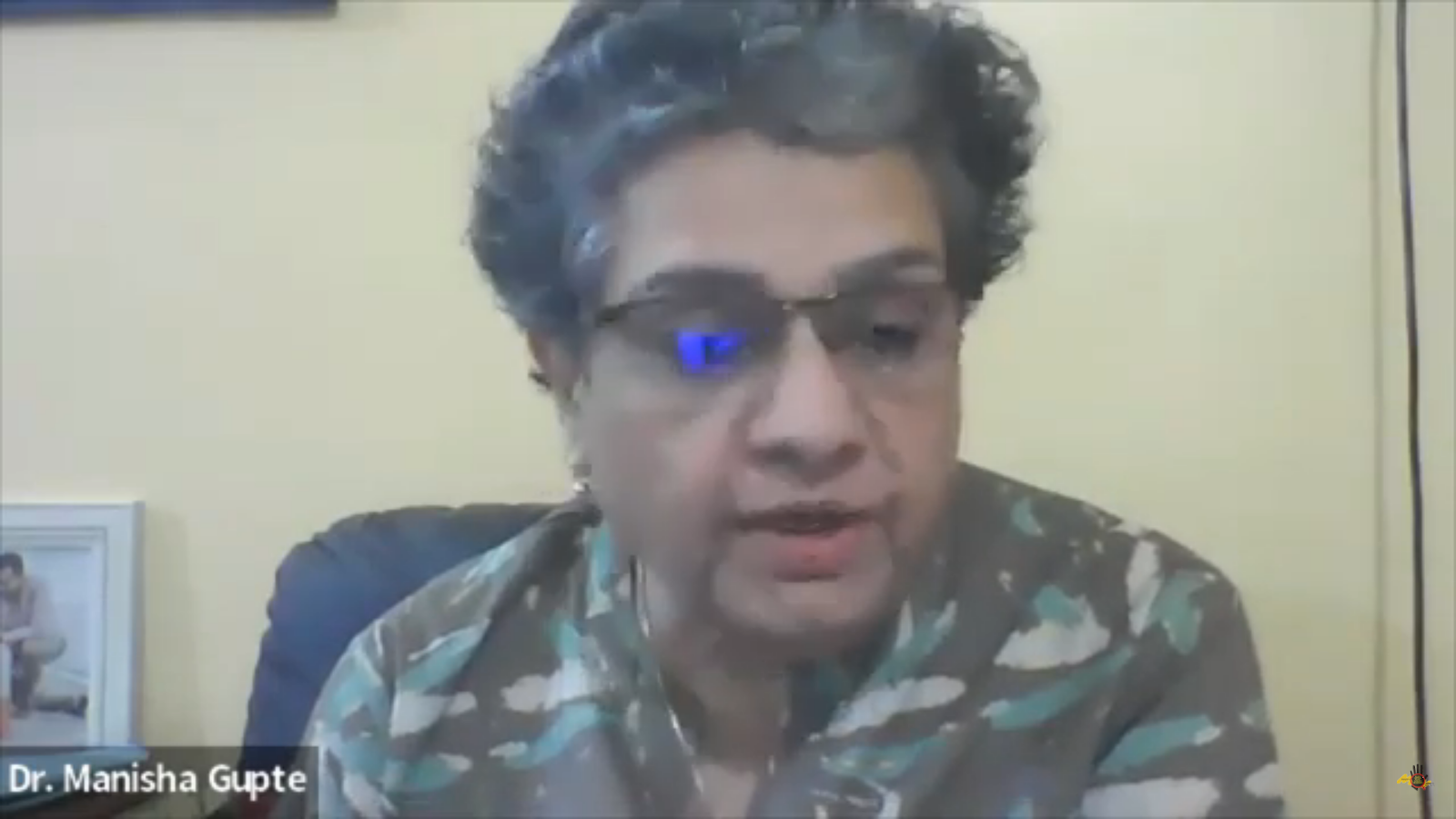








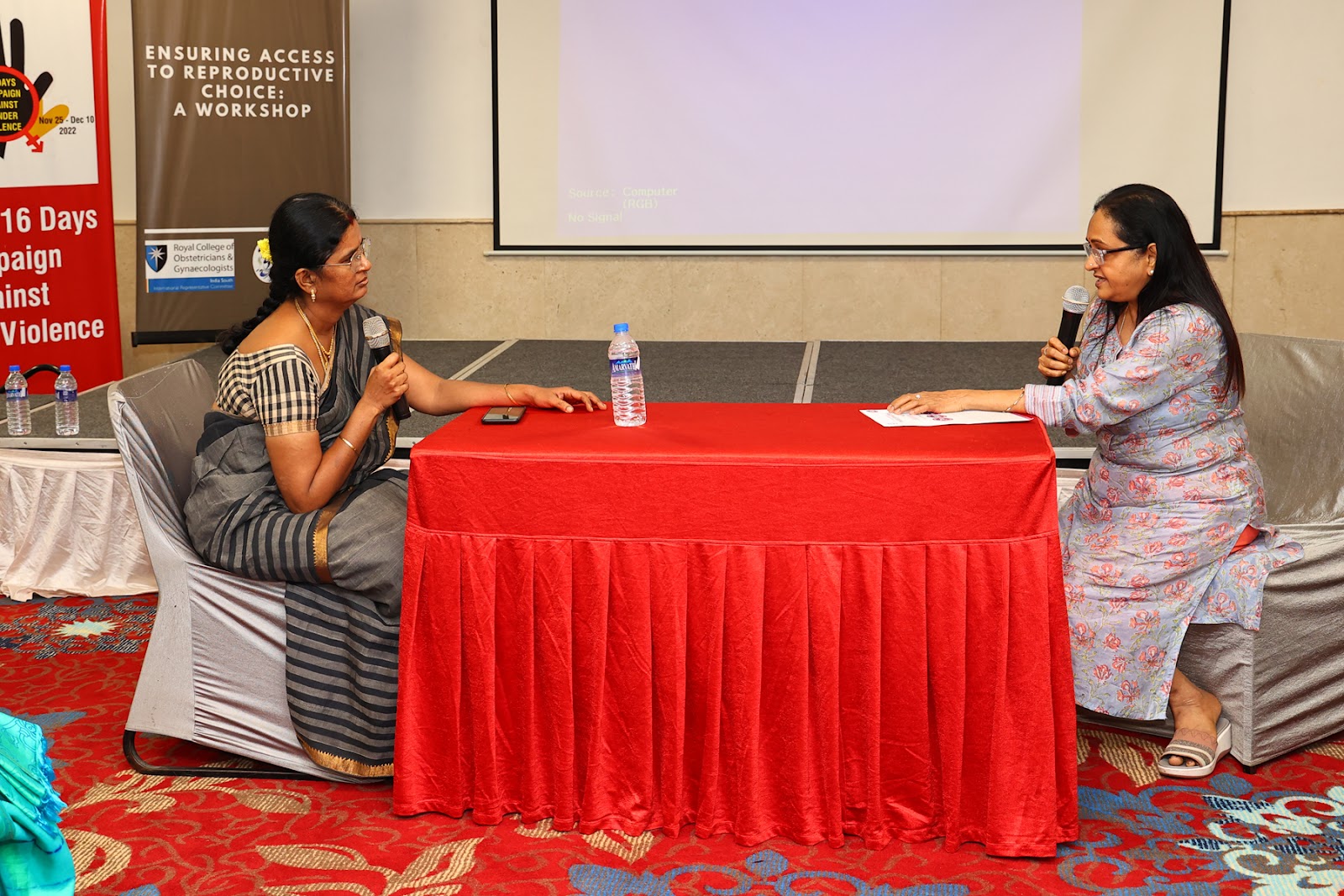

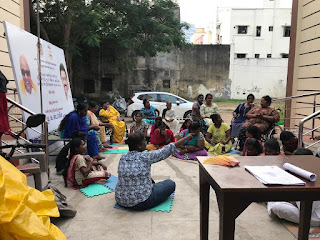
.jpeg)

.png)













